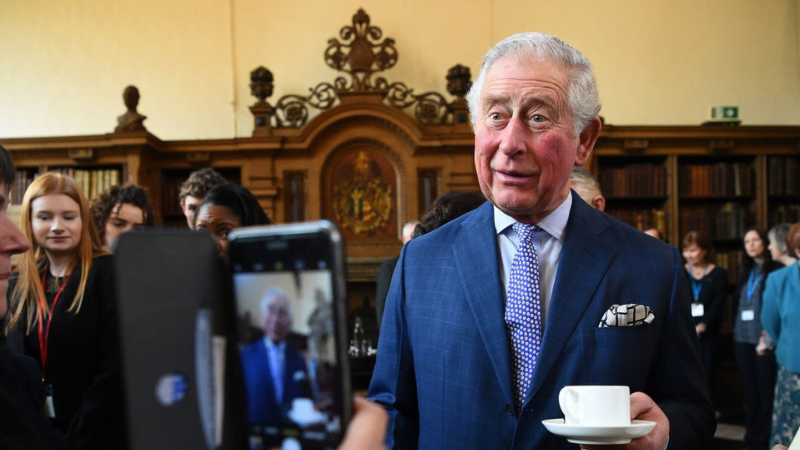Money laundered through the Troika Laundromat revealed on Monday was used to fund lavish lifestyles, purchase property, pay fees for performances by rockstars, as well as contributing to Prince Charles fundraising vehicle, The Prince’s Trust.
A new data leak dubbed the ‘Troika Laundromat’ revealed how Russian businessmen and those close to the Kremlin, laundered billions of dollars through a network of offshore companies and western Banks.
The ‘Troika Laundromat’ was exposed by the Organised Crime and Corruption Reporting Project (OCCRP) thanks to a massive banking data leak involving over 1.3 million banking transactions from 238,000 individuals and companies, as well as thousands of corporate documents, contracts and emails.
Subsequent revelations told how vast sums of money were used to buy power in Europe, as well as to fund lavish lifestyles with super yachts, properties in the UK, Spain, and Montenegro, and to pay fees for rock stars at lavish private parties, as well as being donated to charities, including one managed by Prince Charles.
Between 2009 and 2011, a total of US$200,000 was sent from Ruben Vardanyan to the Prince’s Charities Foundation. The money came from a British Virgin Islands shell company, Quantus Division Limited, a company that was believed to contain pooled funds and that was also used to fly pop star Prince to Russia for a Troika gala in 2007.
The donations to Prince Charles’ charity were then used to renovate Dumfries House, a stately home that is now open to members of the public.
Vardanyan then raised an additional £1.5 million to pay for the refurbishment of ‘The Mains’, an outbuilding of the Prince’s estate, that would provide 16 luxury rooms that could be rented out to visitors. This money is believed to have come from his own pocket however, and not the Troika Laundromat.
After an extensive fundraising campaign by the Prince, the heir wanted to thank the donors in person – one of them being Vardanyan. The two men met at Windsor Castle in 2010 and then in 2013, Prince Charles was hosted in Armenia on a private visit.
While Vardanyan claims that he didn’t know that his bank was being used to launder billions on illicit funds through a web of international shell companies, he was the president, CEO, and principal partner of the Troika at the time.
Prince Charles maintains that he knew nothing of the alleged wrongdoings and that the Prince’s charities undertake “robust due diligence processes” in line with British law.
Troika Dialog’s system allowed a number of members of the Russian elite to sidestep restrictions, hide assets and lander vast sums of money without detection. But the system was not just for laundering money as evidence suggests that it was a tax evasion scheme, a slush fund, a hidden investment vehicle, and a way for organised criminal groups to clean the proceeds of their crimes.
The bank is also alleged to have supplied money to President Vladimir Putin’s friends as well as allowing criminals to mask the origins of their cash.
A number of western banks have been exposed in their complicity to the funneling of Troika money into Europe and the US. Citibank, Commerzbank, Deutsche Bank and Raiffeisen have all been named as receiving funds from the network of shell companies, as well as the now-defunct Lithuanian bank ‘Ukio Bankas’ which was closed down due to insolvency in 2013. Records show that it had held and operated accounts for at least 35 of the Troika shell firms.
In addition, the largest Nordic bank, Nordea Bank, allegedly handled over €700 million in illicit funds, some of which had been linked to the death of Russian tax accountant Sergei Magnitsky.
Magnitsky specialised in anti-corruption activities. He was arrested in 2008 and subsequently died in police custody after alleging large-scale theft from the Russian State carried out by Russian officials.
Following the revelations, global corruption watchdog Transparency International had issued a statement condemning the “glaring shortcomings in anti-money laundering systems in Europe” and called for a EU-wide anti-money laundering supervisory authority.
Patricia Moreira, the Managing Director of the organisation said: “All that is needed is an anonymous offshore company and one or more unscrupulous banks willing to turn a blind eye. Without more effective supervision of banks, we will see more scandals like this undermining the entire EU banking system.”












